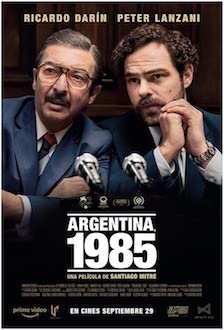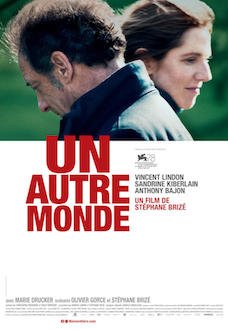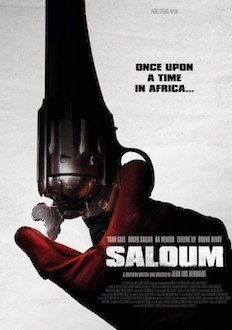Direction: Dina Amer
Country: France
The inaugural shot of You Resemble Me, the unfluctuating feature debut by Egyptian-American writer-director Dina Amer (a former journalist), makes us disquieted about the film’s young character, Hasna (Lorenza Grimaudo). She is based on the real Hasna Ait Boulahcen, labelled Europe's first female suicide bomber by the media in 2015 after getting involved in the Bataclan theater attacks in Paris. The film is fictional, though; a powerful imagination of the events that credits acclaimed filmmakers Spike Lee and Spike Jonze as executive producers.
Hasna’s childhood has been tough enough as she's treated with a cruelty that’s hard to bear by her unbalanced mother, Amina (Sana Sri). She suffers a deeper blow after being kicked out from home and get separated from her younger sister Mariam (Illona Grimaudo), with whom she’s very attached to. As an adult (Mouna Soualem), while going from disappointment to disappointment with this sense of not belonging, she feels that nothing's left for her but a promise of paradise offered by the Syrian Jihad.
The director’s depth of feeling in reconstructing Hasna’s terrible teenage years, guilt, and dilemmas deserves praise as well as her clear view and poignant depiction of the subject. Filmed and edited with dynamism, You Resemble Me catches our attention by touching on a number of central conflicts, both internal and external, that has frightening accents of truth.








































